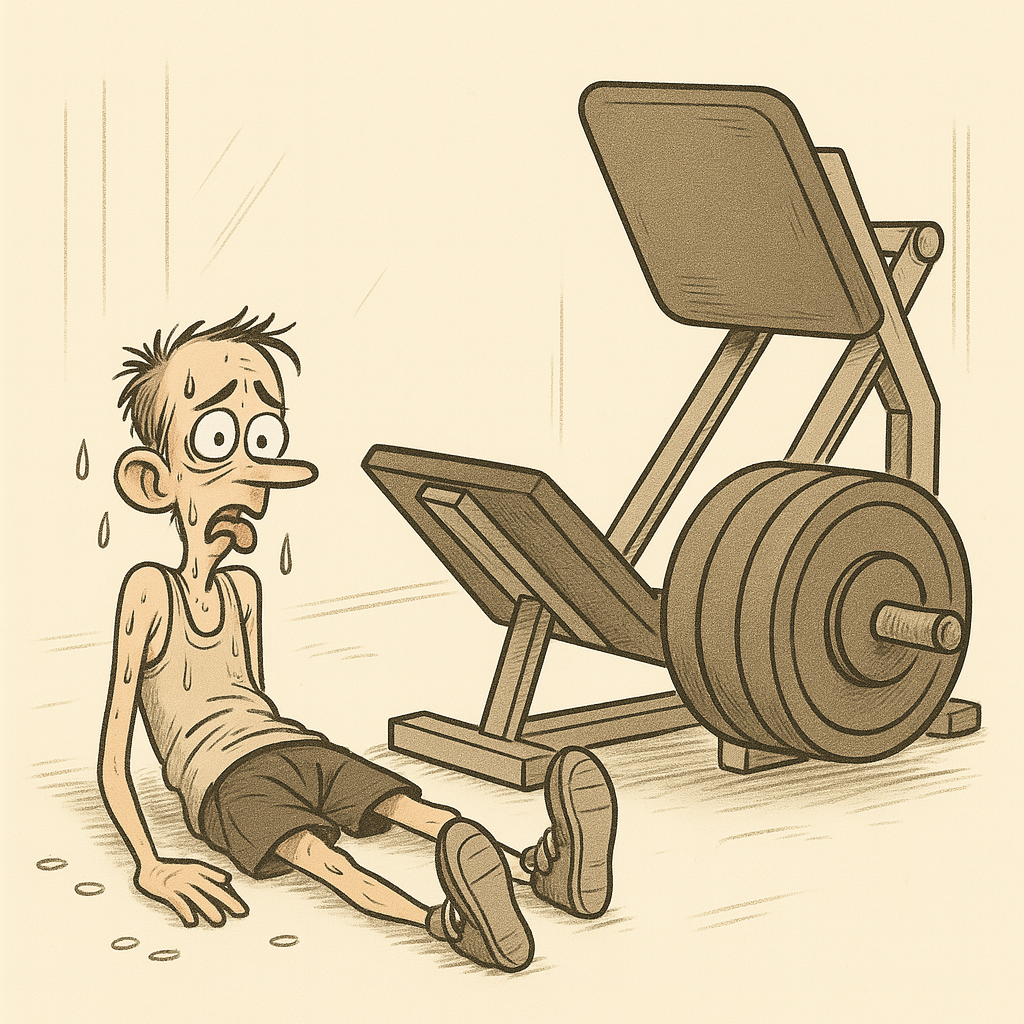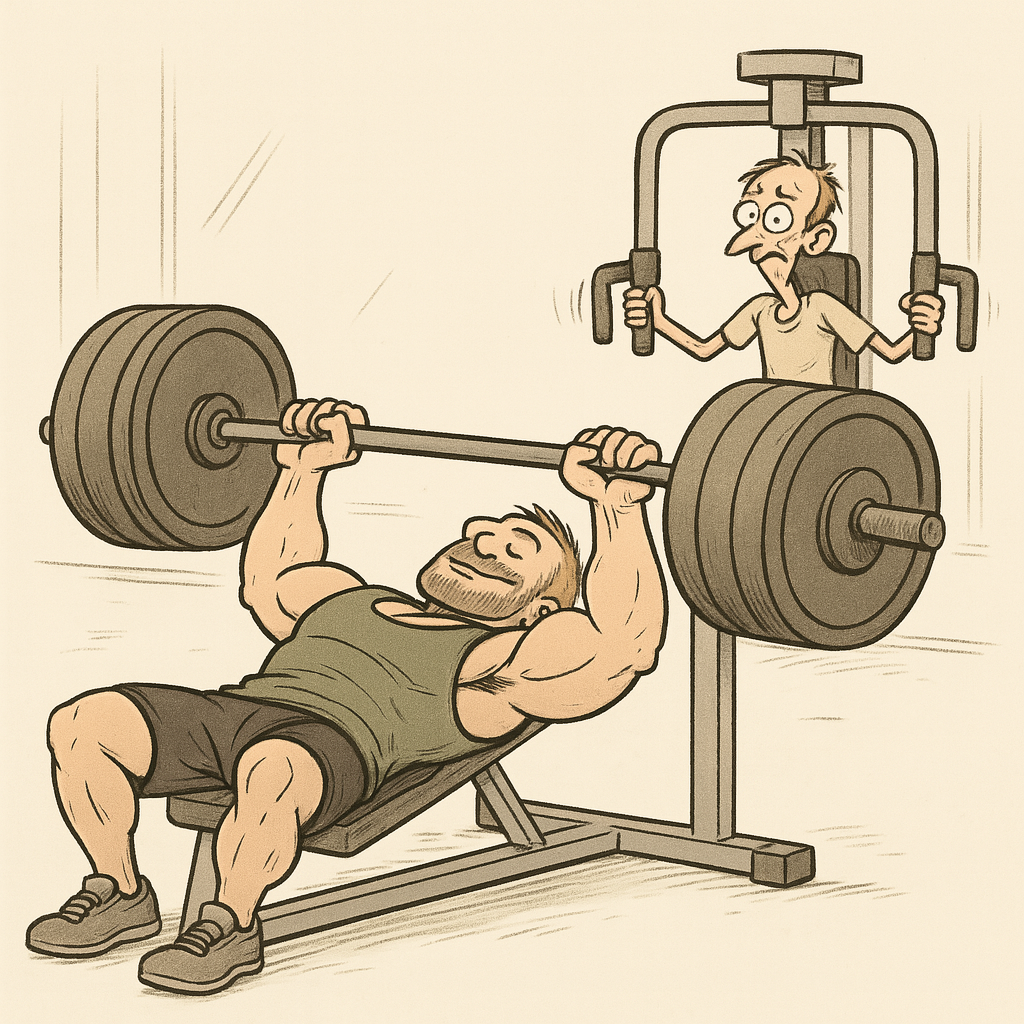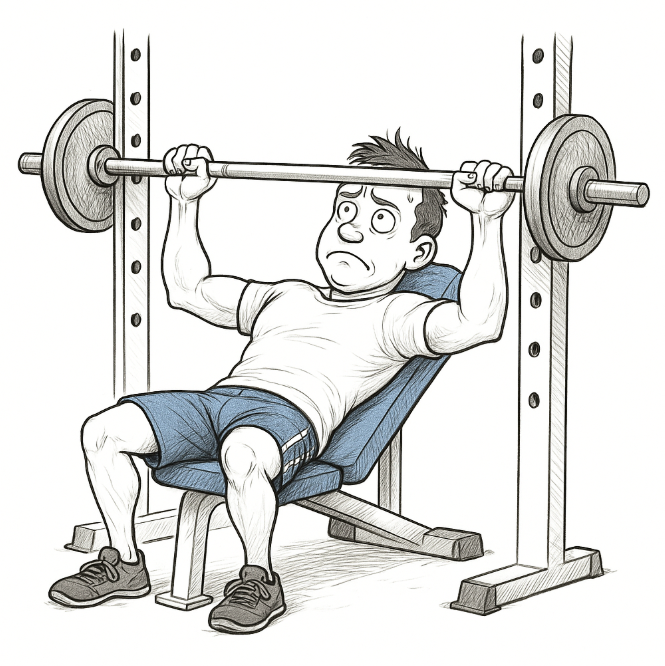
Intensity vs Volume: Why Intensity Reigns for Hypertrophy
Think more sets mean bigger gains? Discover why training intensity often beats volume in building muscle.
Intensity vs Volume: The Hypertrophy Showdown
In the hypertrophy world, there's an ongoing debate: Is intensity or volume the real muscle-builder? Many lifters pile on set after set, believing more volume guarantees more growth. But research and experience paint a different picture. Let’s dive into why intensity might be the key you’re overlooking.
Understanding Intensity vs Volume
Intensity typically refers to how close a set is taken to muscular failure or the load lifted relative to your max (1RM). Volume is simply the total amount of work done, usually counted as sets x reps x weight.
Many lifters assume more volume equals more muscle. But muscle doesn't grow just by doing more—it grows from being adequately challenged.
Popular Myth – "More Volume Always Means More Muscle"
A common misconception is that doing 20+ sets per muscle group weekly guarantees better results. Yes, volume matters—but only if combined with sufficient intensity. High-volume, low-intensity workouts might feel productive, but often just add fatigue, not muscle mass.
Why Intensity Drives Muscle Growth
Muscle growth mainly comes from mechanical tension—challenging muscles under load. While volume contributes to this, intensity is the critical factor. Taking sets closer to failure ensures maximal muscle fiber recruitment, triggering the adaptation needed for growth.
The Research Backing Intensity
2022 Meta-Analysis (Grgic et al.): Higher intensity (sets close to failure) showed significantly greater hypertrophy gains compared to lower intensity, higher volume sets.
2024 Study (Damas et al.): Groups performing fewer sets with high intensity achieved equal or better hypertrophy compared to high-volume groups, with significantly less fatigue.
Simply put, intensity creates the stimulus muscles truly respond to.
The Trap of Too Much Volume
Excessive volume often leads to:
- Excess fatigue, reducing your ability to perform sets with adequate intensity.
- Slowed recovery, impairing performance in subsequent workouts.
- Increased injury risk due to repetitive stress without adequate recovery.
Practical Recommendations
Instead of mindlessly piling on sets, focus on maximizing the intensity of fewer, quality sets:
| Factor | High Intensity | High Volume |
|---|---|---|
| Muscle Fiber Recruitment | ✅ High | ⚠️ Moderate |
| Fatigue Accumulation | ⚠️ Manageable | ❌ Excessive |
| Recovery Needs | ✅ Moderate | ❌ High |
| Long-term Progression | ✅ Easier | ⚠️ More Complex |
| Risk of Burnout | ✅ Low | ❌ High |
Smart Programming: Balance is Key
Rather than choosing one exclusively, use volume and intensity strategically:
- Prioritize intensity first—push hard sets close to failure.
- Add moderate volume to ensure adequate weekly workload without excess fatigue.
- Regularly assess recovery—reduce sets if you're consistently struggling to maintain intensity.
This approach optimizes mechanical tension without excessive fatigue.
Quick FAQs
Won't more sets mean more growth?
Only to a point. Beyond your recovery capabilities, additional volume can diminish intensity and impair gains.
How close to failure should I train?
1–2 reps shy of failure for compound lifts and occasionally to failure for isolation movements works best.
Is volume useless?
No, but more isn’t always better. Volume should be used strategically, not excessively.
TL;DR
Intensity is your muscle-building "secret weapon." Prioritize hard, quality sets, and use volume strategically to maximize growth and recovery.
References
- Grgic J, Schoenfeld BJ, Davies TB, et al. “Intensity vs. Volume for Muscle Hypertrophy,” Sports Med, 2022.
- Damas F, Libardi CA, Ugrinowitsch C, et al. “Hypertrophy and Fatigue: Optimizing Training Volume,” Med Sci Sports Exerc, 2024.


